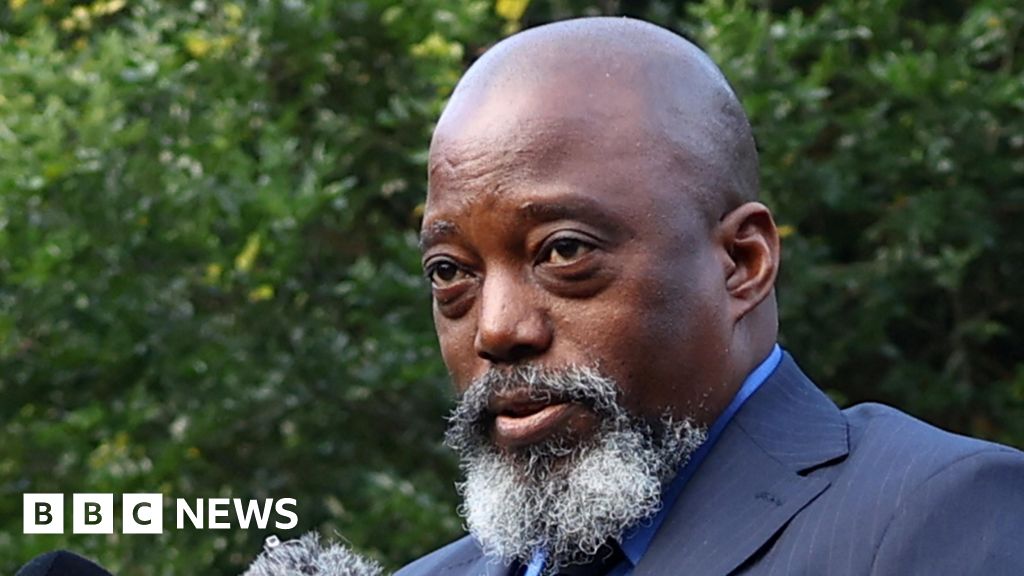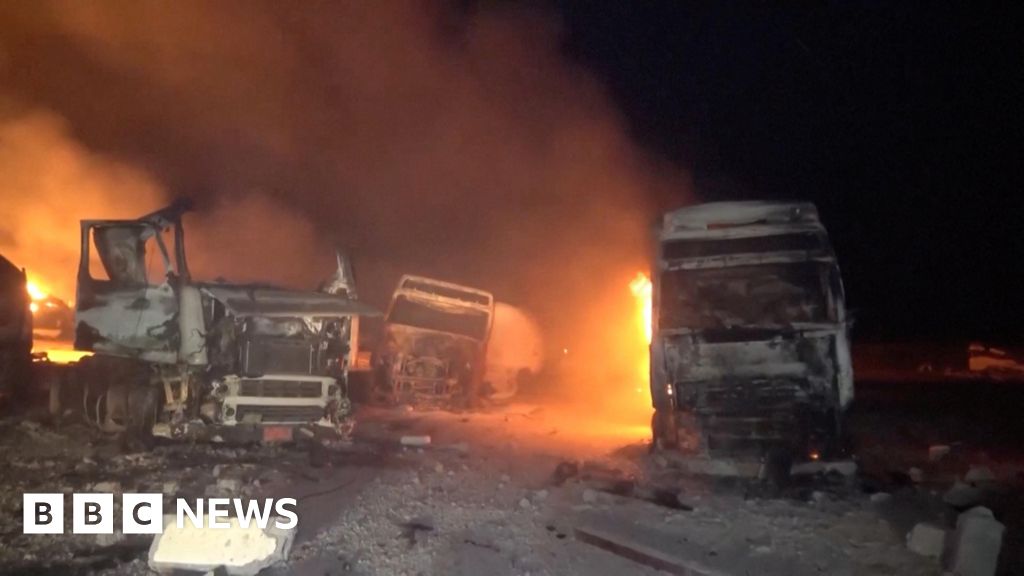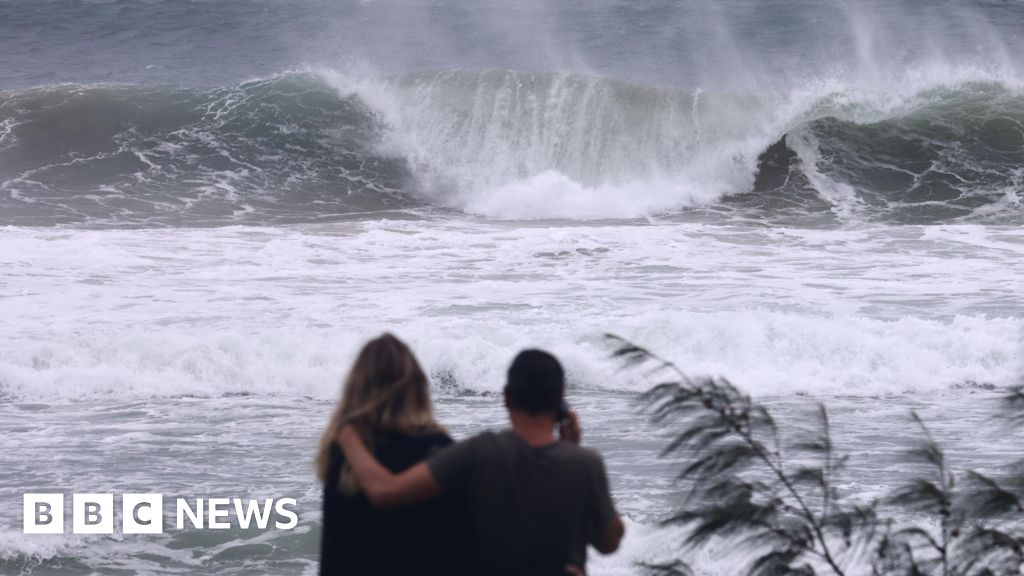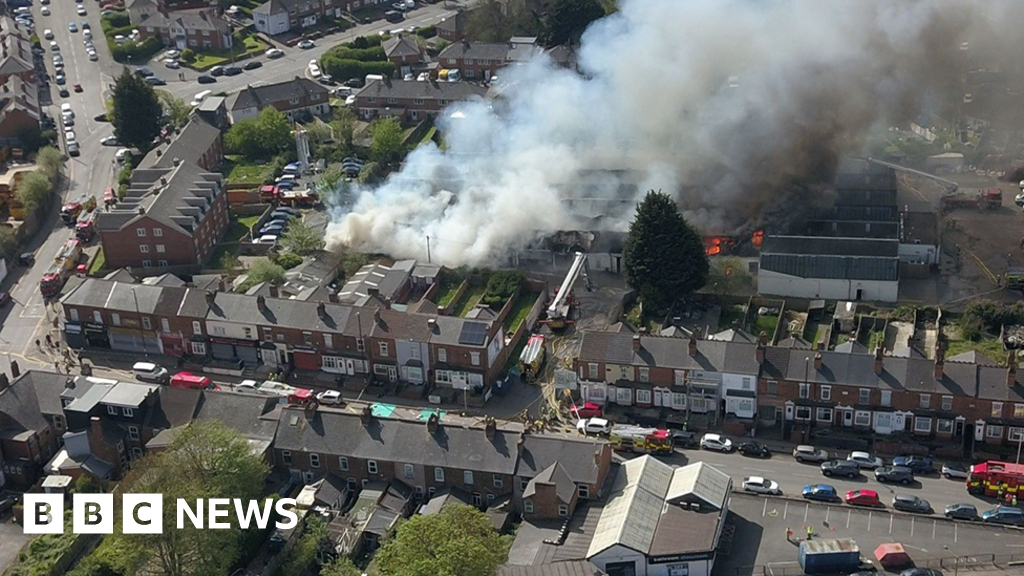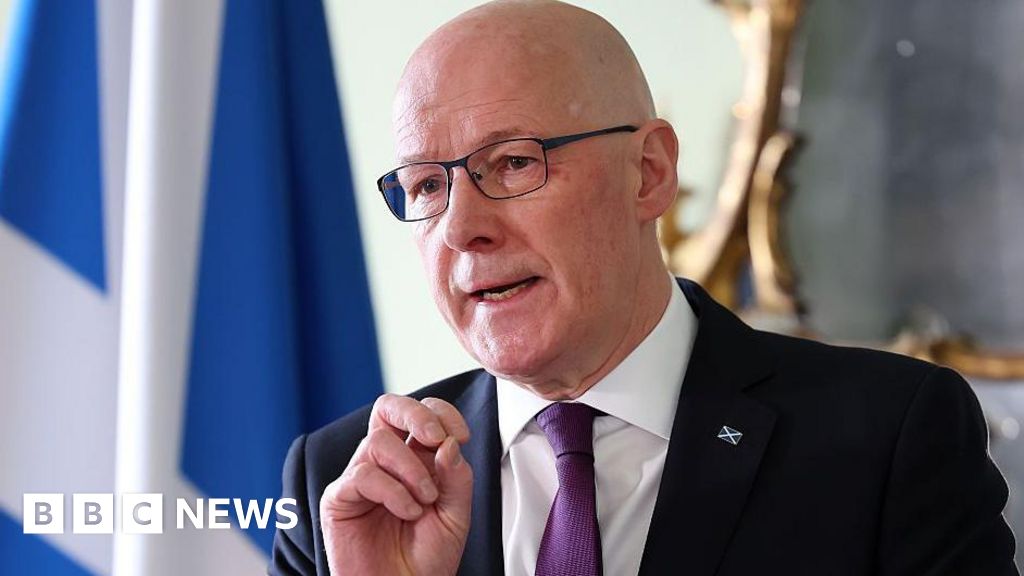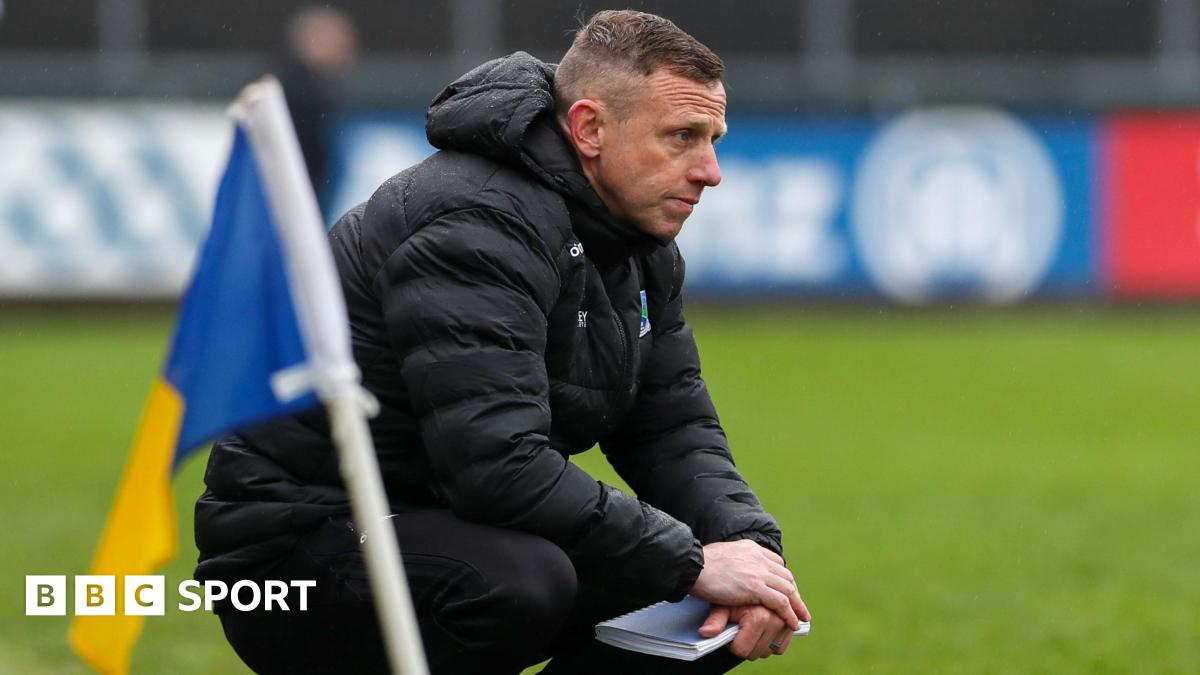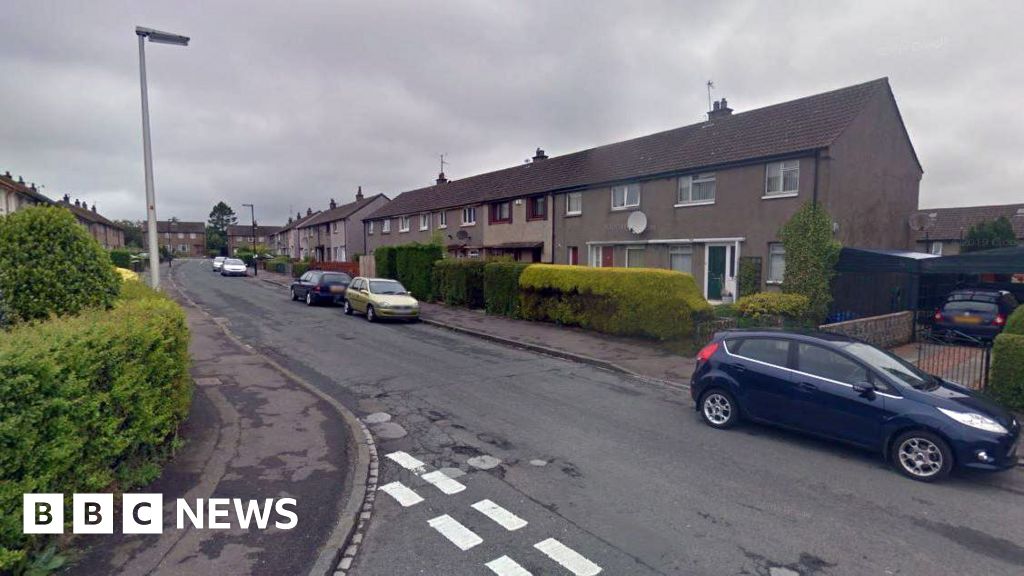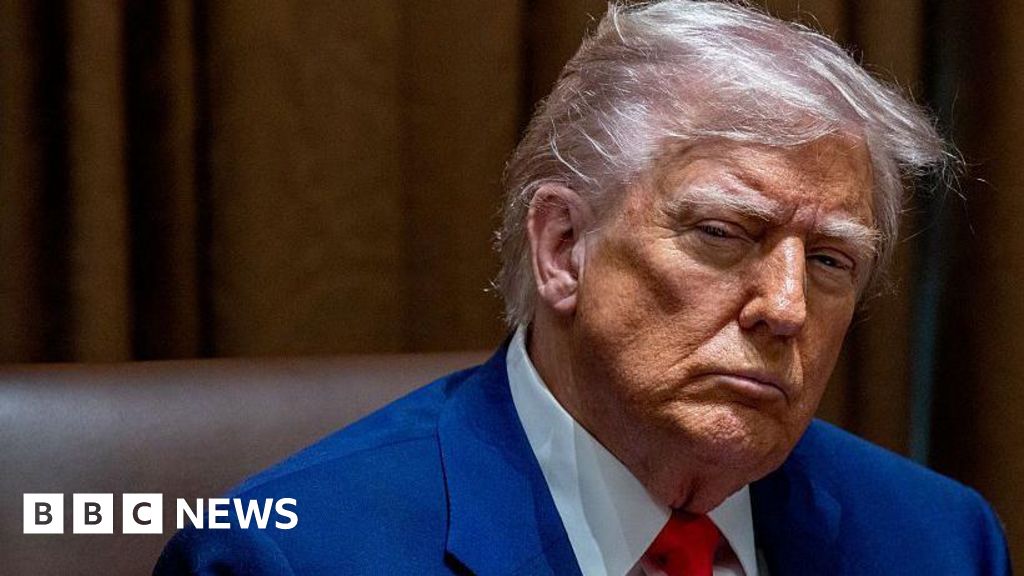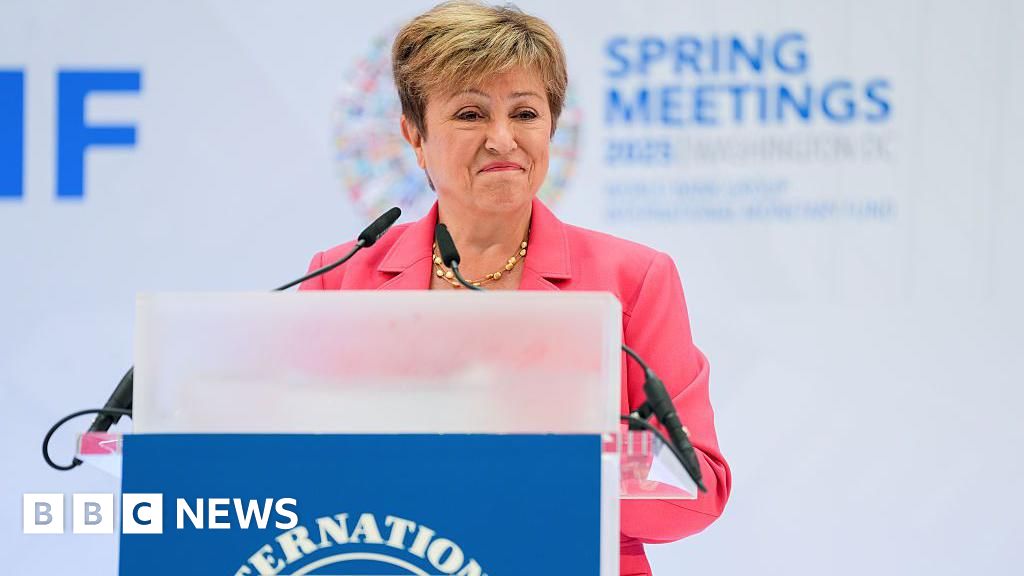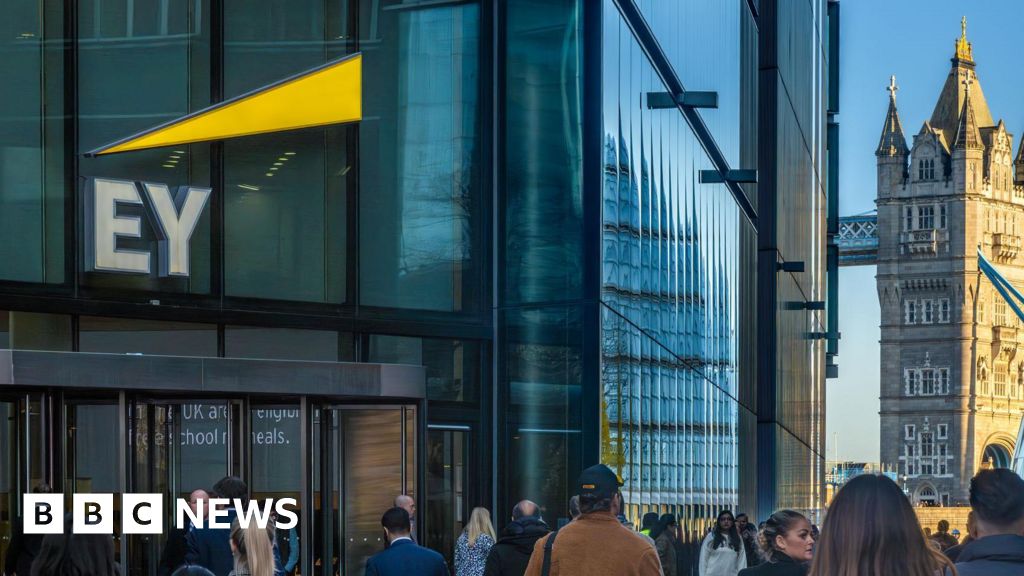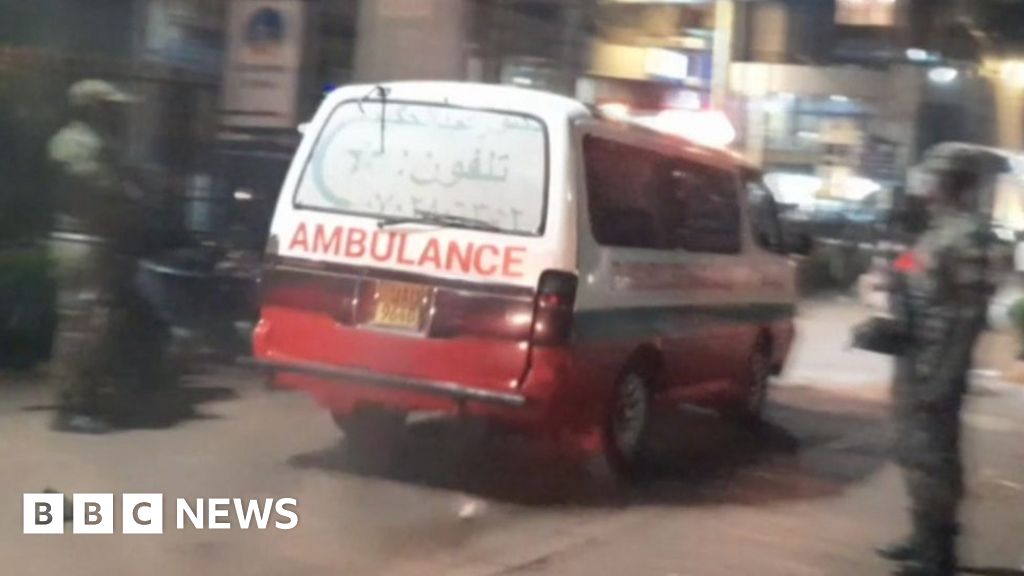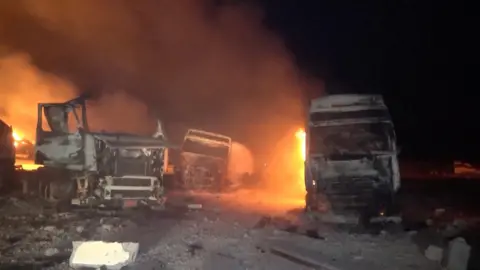 Reuters
ReutersUS air strikes on a key oil terminal on Yemen’s Red Sea coast controlled by the Houthi movement have killed at least 74 people and wounded 171 others, the Houthi-run health ministry says.
The US military said it had destroyed Ras Isa “to eliminate this source of fuel for the Iran-backed Houthi terrorists and deprive them of illegal revenue”.
The Houthi-led government in north-west Yemen said the terminal was a civilian facility and that the strikes constituted a “war crime”.
It was the deadliest known attack since President Donald Trump ordered an intensification of the US bombing campaign last month in response to Houthi attacks on Red Sea shipping and Israel linked to the Gaza war.
Several hours after the strikes on Ras Isa, the Israeli military said it had intercepted a missile launched from Yemen.
Sirens sounded in several Israeli areas but there were no reports of any casualties or damage.
Houthi-run Al-Masirah TV reported that 14 air strikes hit Ras Isa late on Thursday.
Videos posted online purportedly showed several explosions, large fires and destroyed fuel tankers at the facility, which is about 60km (35 miles) north of the Red Sea city of Hudaydah.
“We ran away. The strikes came one after the other, then everything was on fire,” one man who said he worked there told the channel.
On Thursday afternoon, Houthi health ministry spokesman Anees al-Asbahi said the death toll had reached 74, adding that rescue teams were still searching for casualties.
Al-Masirah had earlier cited local health authorities as saying many of the dead were workers at Ras Isa. It also reported that five paramedics were killed in secondary US strikes as they arrived at the scene.
The casualty reports could not be immediately verified, but graphic footage from Al-Masirah appeared to show at least 10 charred bodies near the burning tankers, including one driver, as well as men being treated for serious burns in hospital.
“We affirm that the targeting of the Ras Isa oil port is a full-fledged war crime, as the port is a civilian facility and not a military one,” the Houthi-run government said in a statement.
“We hold the US administration fully responsible for the consequences resulting from its escalation in the Red Sea,” it warned.
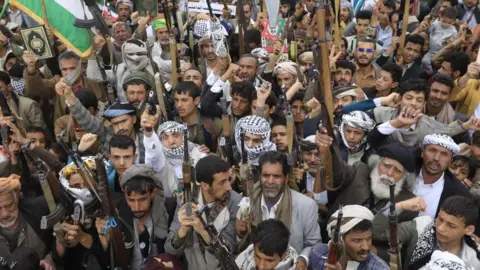 EPA-EFE/REX/Shutterstock
EPA-EFE/REX/ShutterstockOn Friday, thousands of Houthi supporters held a rally in the capital Sanaa, condemning the US strikes.
The US military’s Central Command said in a statement that the “objective of these strikes was to degrade the economic source of power of the Houthis, who continue to exploit and bring great pain upon their fellow countrymen”.
“The Houthis, their Iranian masters, and those who knowingly aid and abet their terrorist actions should be put on notice that the world will not accept illicit smuggling of fuel and war material to a terrorist organisation,” it added.
Iran’s foreign ministry said it strongly condemned the strikes as “barbaric”.
 Reuters
ReutersOn Thursday, the Houthis’ leader gave a defiant speech in which he claimed the recent US strikes failed to stop their attacks.
Abdul Malik al-Houthi said the group’s forces had carried out almost 80 operations involving around 170 missiles and drones since mid-March, including 30 attacks targeting the US aircraft carrier USS Harry S Truman and 26 attacks on Israel.
Yemen has been devastated by a civil war that escalated 10 years ago, when the Houthis seized control of the country’s north-west from the internationally-recognised government and a Saudi-led coalition supported by the US intervened in an effort to restore its rule.
The fighting has reportedly left more than 150,000 people dead and triggered a humanitarian disaster, with 4.8 million people displaced and 19.5 million – half of the population – in need of some form of aid.
Since November 2023, the Houthis have targeted dozens of merchant vessels with missiles, drones and small boat attacks in the Red Sea and the Gulf of Aden. They have sunk two vessels, seized a third, and killed four crew members.
The Houthis have said they are acting in support of the Palestinians in the war between Israel and Hamas in Gaza, and have claimed – often falsely – that they are targeting ships only linked to Israel, the US or the UK.
The Houthis were not deterred by the deployment of Western warships in the Red Sea and Gulf of Aden to protect merchant vessels last year, or by multiple rounds of US strikes on military targets ordered by former President Joe Biden.
After taking office in January, Trump redesignated the Houthis as a “Foreign Terrorist Organisation” – something the Biden administration had removed due to what it said was the need to mitigate the country’s humanitarian crisis.
Last month, Trump ordered large-scale strikes on areas controlled by the Houthis and threatened that they would be “completely annihilated”. He has also warned Iran not to arm the group – something it has repeatedly denied doing.
Houthi-run authorities have said the strikes have killed dozens of civilians in recent weeks, but they have reported few casualties among the group’s members.
Earlier this month, Trump posted a black-and-white video from an aircraft that showed a strike targeting about 70 people gathered in a circle whom he identified as Houthis. But the Houthi-run Saba news agency cited a source as saying it was “a social Eid visit” in Hudaydah province.
Israel has also carried out air strikes against the Houthis since last July in retaliation for the hundreds of missiles and drones that the Israeli military says have been launched at the country from Yemen, most of which have been shot down.

